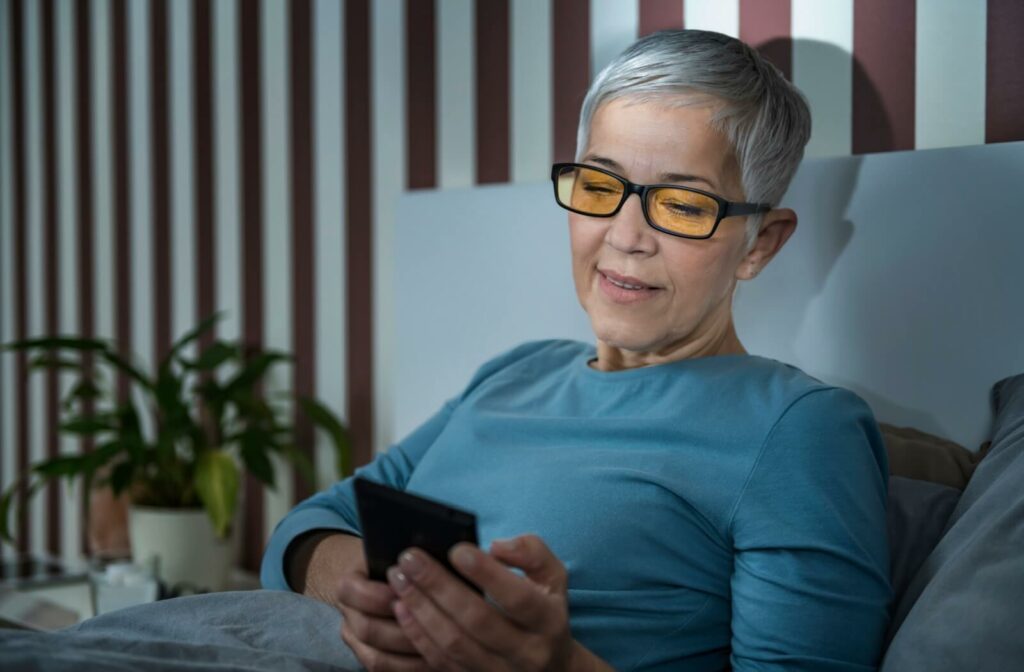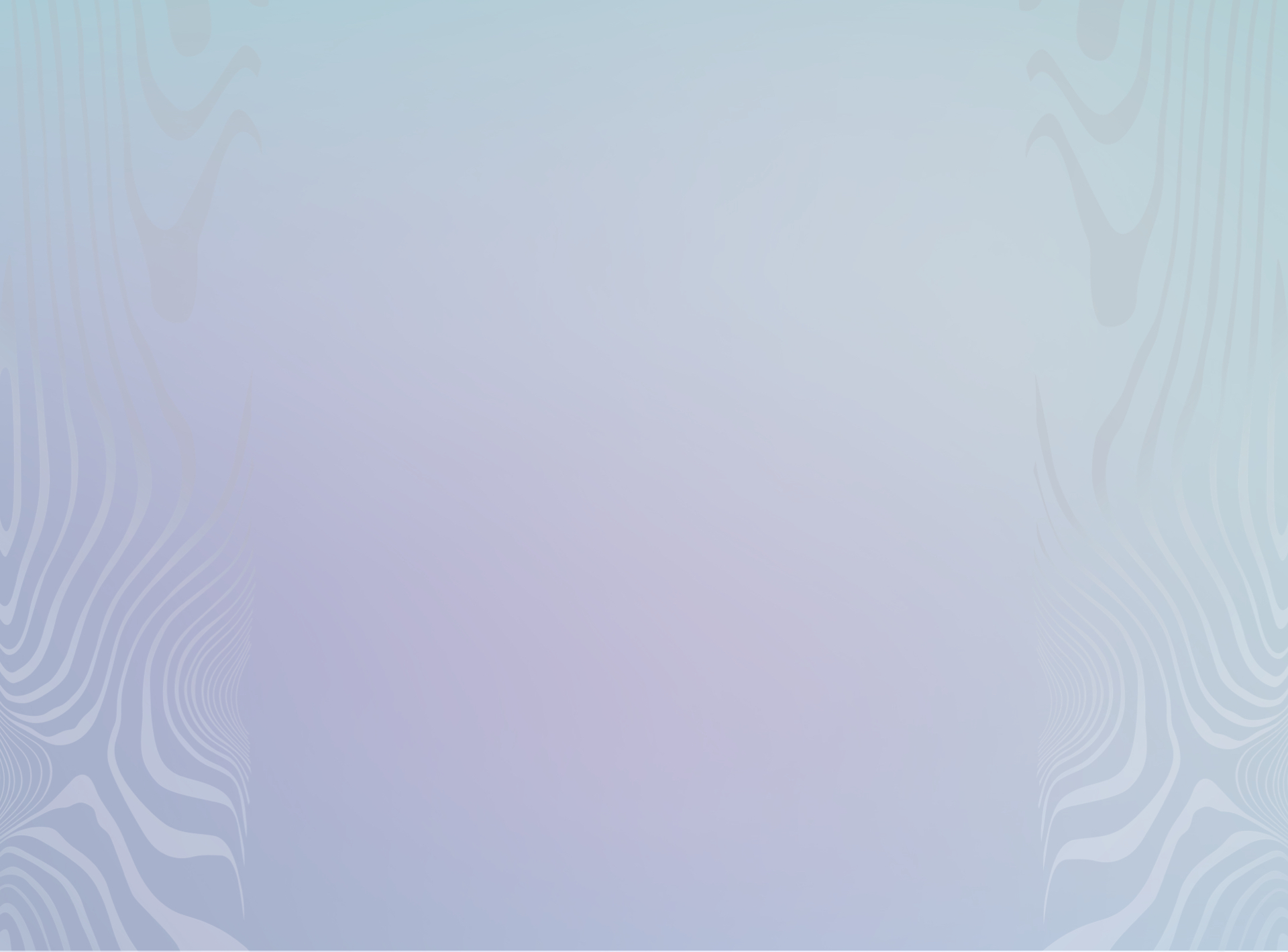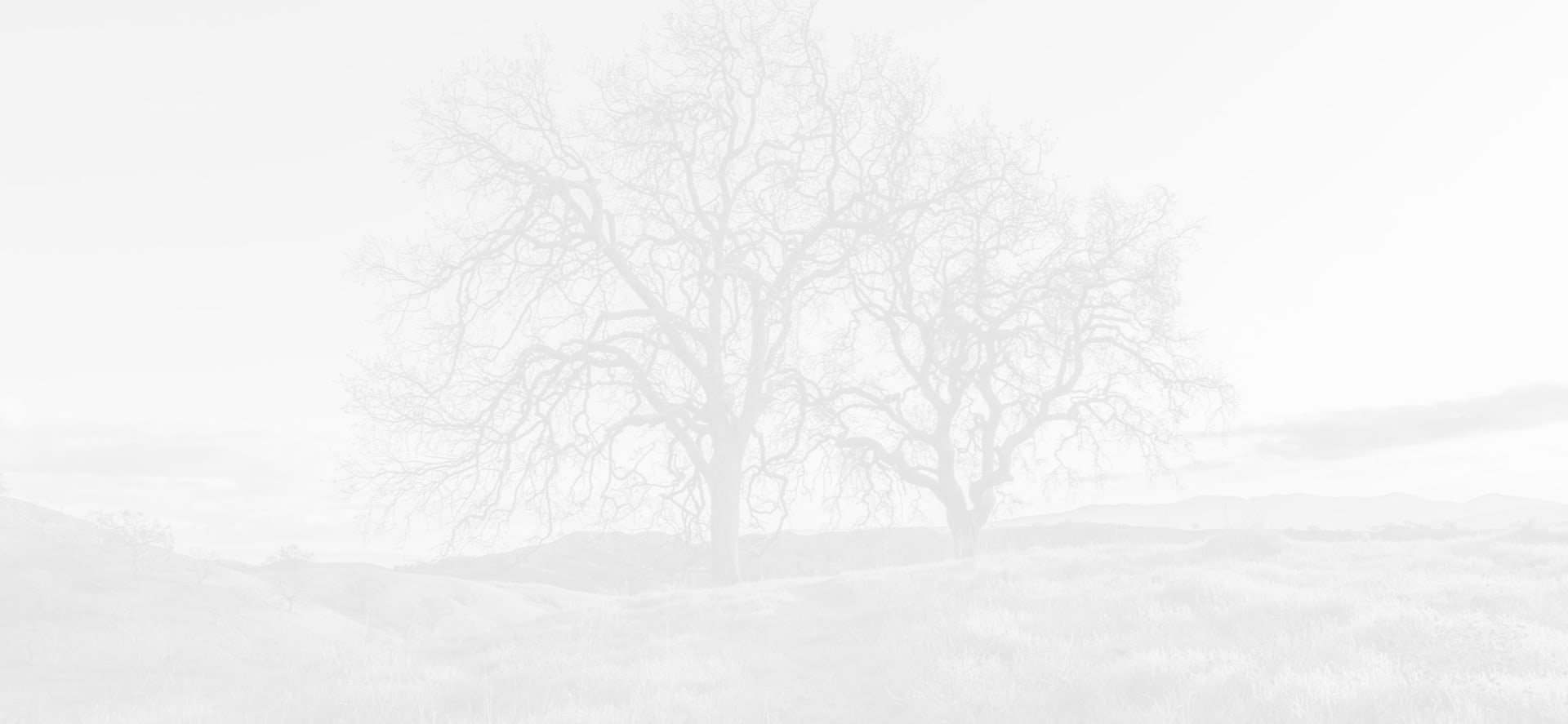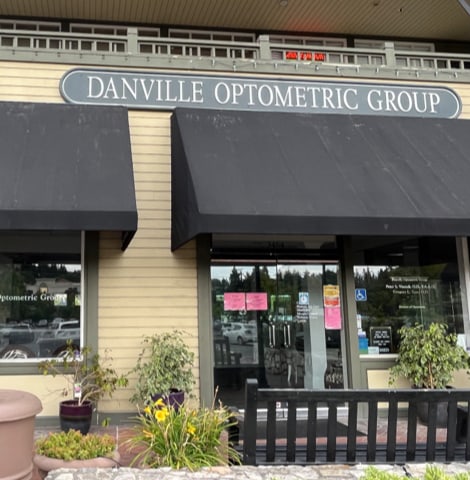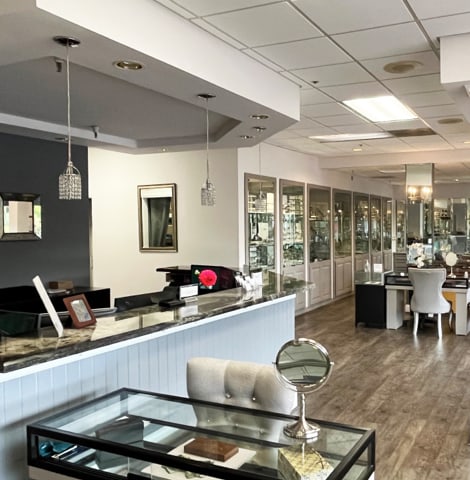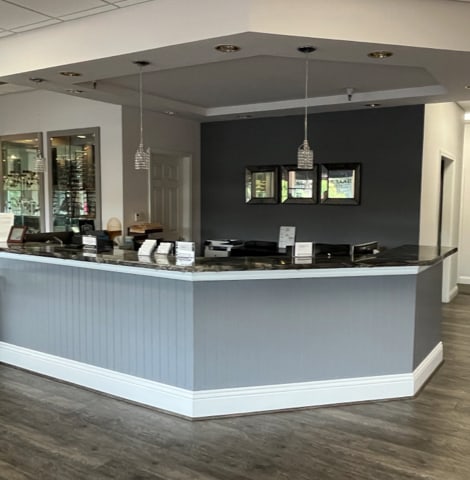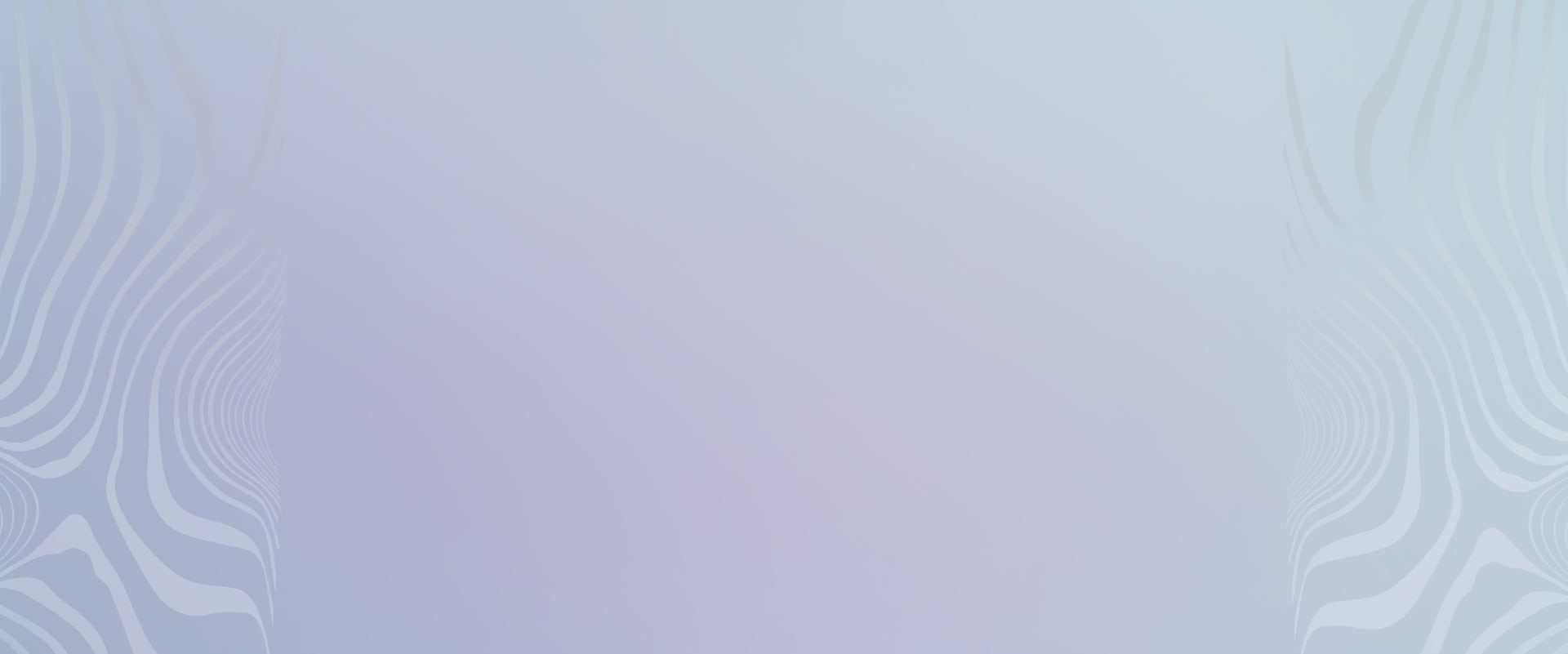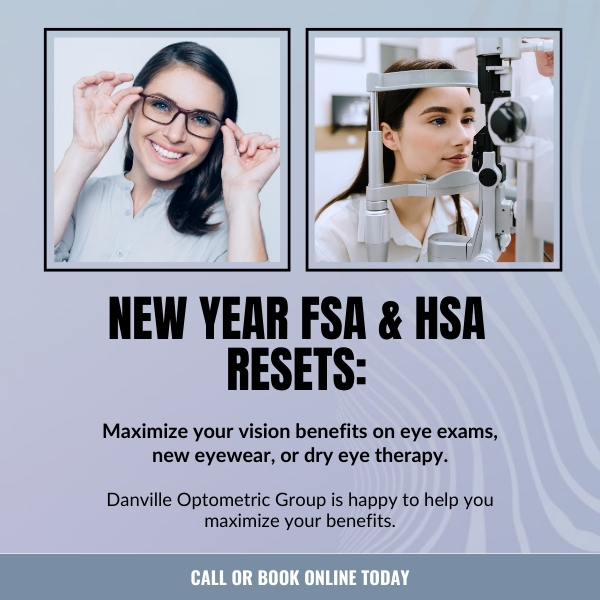Do you find it challenging to see clearly at night? Whether you’re a night driver, gamer, or digital creator, blue light filters might hold the key to enhancing your nighttime vision. These handy tools can make a significant difference, ensuring you stay safe, focused, and comfortable in low-light conditions. Moreover, they can relieve digital eye strain for anyone who regularly uses screens daily.
What Are Blue Lens Filters Used For?
Blue lens filters are designed to block or absorb blue light emitted by digital screens and artificial lighting. They help reduce eye strain and improve visual comfort, especially during prolonged screen time. Blue light filters can be found in various forms, including glasses, screen protectors, and built-in display settings.
These filters are handy for individuals who spend much time in front of screens, such as gamers, digital creators, and office workers. By reducing the amount of blue light reaching the eyes, they can alleviate symptoms of digital eye strain, such as headaches, dry eyes, and blurred vision.
Can Blue Light Glasses Help with Seeing at Night?
But their benefits extend beyond just screen use. Blue lens filters can also enhance night vision, making it easier to see in low-light conditions and reducing glare from oncoming headlights while driving. They work by filtering out the blue light that can interfere with your ability to see clearly in low-light conditions. When you wear blue light glasses at night, you may notice a reduction in glare from headlights and streetlights, making it easier to focus on the road ahead.
For gamers and digital creators, blue-light glasses can enhance contrast and detail, allowing for a more immersive and enjoyable experience during nighttime sessions. By reducing blue-light exposure, these glasses can also help prevent eye strain and fatigue, common issues during extended screen time in the dark.
It is important to choose high-quality blue-light glasses that balance blocking harmful blue light and maintaining color accuracy. Look for lenses with an anti-reflective coating to minimize glare and improve visual clarity.
Night time Driving & Newer (Bluer) Cars
Due to advancements in LED technology, newer cars often feature blue-tinted lighting. LEDs are energy-efficient and produce a bright, sharp light that enhances visibility on the road. However, this blue-tinted light can cause glare and discomfort for some drivers, especially at night.
By using blue filtering glasses, you can enjoy the benefits of modern lighting technology without compromising your visual comfort and safety on the road.
Does Blue Light Filter Improve Eyesight?
While blue light filters do not directly improve eyesight, they can contribute to better visual comfort and overall eye health. By reducing blue light exposure, these filters help:
- Alleviate symptoms of digital eye strain, which can affect visual performance and comfort.
- Minimize the adverse effects of blue light on the natural sleep-wake cycle (which leads to poor sleep quality and increased eye strain)
- Maintain healthy vision and prevent potential issues related to prolonged screen use.
While blue light filters are not a cure-all for vision problems, they are a valuable tool for enhancing visual comfort and supporting overall eye health.
What Is the Best Setting for a Blue Light Filter?
The best setting for a blue light filter depends on your specific needs and preferences. Many devices now come with built-in blue light filter settings, allowing you to adjust the level of blue light reduction to suit your comfort.
A moderate blue light reduction is usually sufficient for general use to alleviate eye strain and improve visual comfort. However, if you use your device in a dark environment, you may want to reduce blue light to minimize glare and enhance visibility.
It’s also a good idea to use a blue light filter in conjunction with other strategies for reducing eye strain, such as taking regular breaks, adjusting screen brightness, and maintaining a proper viewing distance from the screen.
Experiment with different settings to find the one that works best for you, and don’t hesitate to consult an eye care professional for personalized advice on blue light protection.
Is a Blue Light Filter Good at Night?
Using a blue light filter at night can be highly beneficial, especially for those who spend a lot of time in front of screens or under artificial lighting. Blue light filters help reduce the amount of blue light reaching the eyes, which can interfere with your ability to see clearly in low-light conditions.
Our eyes are naturally more sensitive to blue light at night, which can cause glare and make it difficult to focus on objects. A blue light filter can minimize these issues, making it easier to see in the dark and reducing eye strain.
Can I Wear Blue Light Glasses All the Time?
Yes, you can always wear blue light glasses, especially if you spend a lot of time in front of screens or under artificial lighting. Blue light glasses are designed to filter out harmful blue light without distorting colors or affecting your vision.
Wearing blue light glasses throughout the day can help reduce eye strain, fatigue, and headaches associated with prolonged screen time. They are also beneficial for reducing glare from artificial lighting, making them a versatile and practical solution for various situations.
However, it is important to choose high-quality blue light glasses that balance blue light protection and color accuracy. Look for lenses with an anti-reflective coating and a comfortable fit to ensure optimal performance and comfort.Danville Optometry understands that everyone has different needs regarding their eyecare and what prescriptions they need and want. Contact us today to see how we can add blue light lenses to your eyeglasses.


